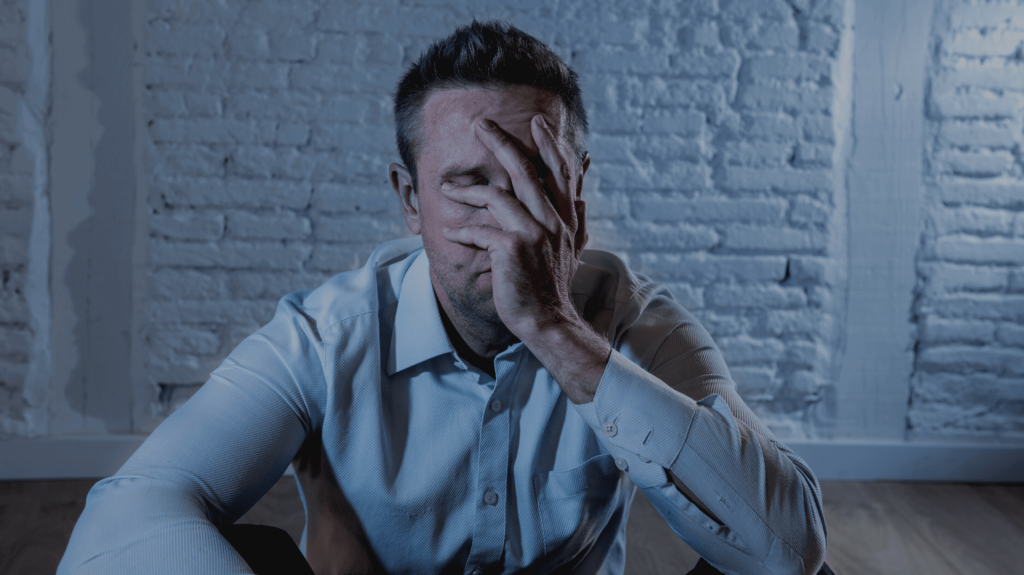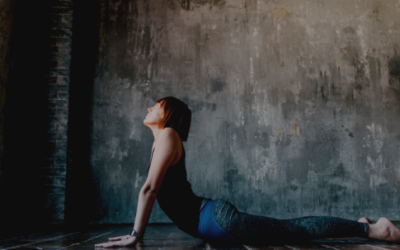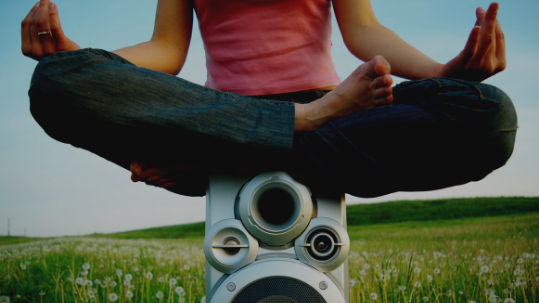Research has shown that up to 74% of rock and jazz musicians experience some form of hearing disorder although very few take measures to protect their hearing.
DAMAGE FROM NOISE EXPOSURE
While exposure to high decibel (Db) sounds can be damaging, what is most important is the length of time we are exposed. We can tolerate sounds at less than 80Dbs (alarm clock) for prolonged periods without incurring any damage. Above 85Dbs (snowblower) we will start to incur damage depending on how long we are exposed to the sound. We can be exposed to 85 Dbs for up to 8 hours before inducing damage, but for every 3Db increase the exposure time is cut in half. Below is the National Institute for Occupational Safety and Health (NIOSH) guidelines for continuous noise exposure in a 24 hour period.
85Db 8 hours
88Db 4 hours
91Db 2 hours
94Db 1 hour
97Db 30 minutes
100Db 15 minutes
110Db 2 minutes
120Db almost immediate
Rock concerts typically average around 115Db and can peak anywhere up to 140Db in large arenas, and most last longer than a couple of minutes!
HEARING PROTECTION
Once hearing damage has occurred, it is irreversible – so the only defense is protection! The figures above represent your allowable ‘daily dose’, but you should bear in mind that this is not just limited to music rehearsal or performance. Noisy restaurants, personal music devices, loud traffic, air travel etc. all contribute to your daily dose of noise exposure. Once you have reached your daily maximum, you need to wear hearing protection.
MUSICIAN’S EAR PLUGS
There are sophisticated ear plugs now available known as flat-attenuated meaning that all frequencies are equally reduced by a set number of Dbs. This avoids the issues of loss of sound quality with simple ear plugs. They come in a range of Db reductions from 9Db to 25Db and can be bought for as little as $20 for universal fit. However, it is highly recommended to invest in custom-made ear plugs to reduce issues of sound leakage from a poor fit. Which musicians ear plug is right for you?
SOUND DOCIMETERS
A personal sound dosimeter can be used to track your daily exposure. These can be worn on a lapel or kept in close proximity, and an indicator light will warn you when you’ve reached your maximum daily dose – then it’s time to put in the ear plugs! NIOSH also offers a free app that has a Db reader combined with a dosimeter – just bear in mind that the microphone on your phone is not very sophisticated so accuracy may be reduced.
HEARING HEALTH TIPS
Between our phone and social media overuse, the coffee we drink and the sugar in our food (all of which act as stimulants), as well as the low grade stress and anxiety we carry with us each day, there are many stimulating factors negatively impacting our sleep. Thankfully, the deep breathing we practice in breathwork helps to calm the nervous system, which in turn reduces the effects of stimulants and calms the stress, allowing you to get a better night’s sleep. Additionally, quieting the mind, which breathwork does so well, allows you to fall asleep faster and sleep more deeply.





